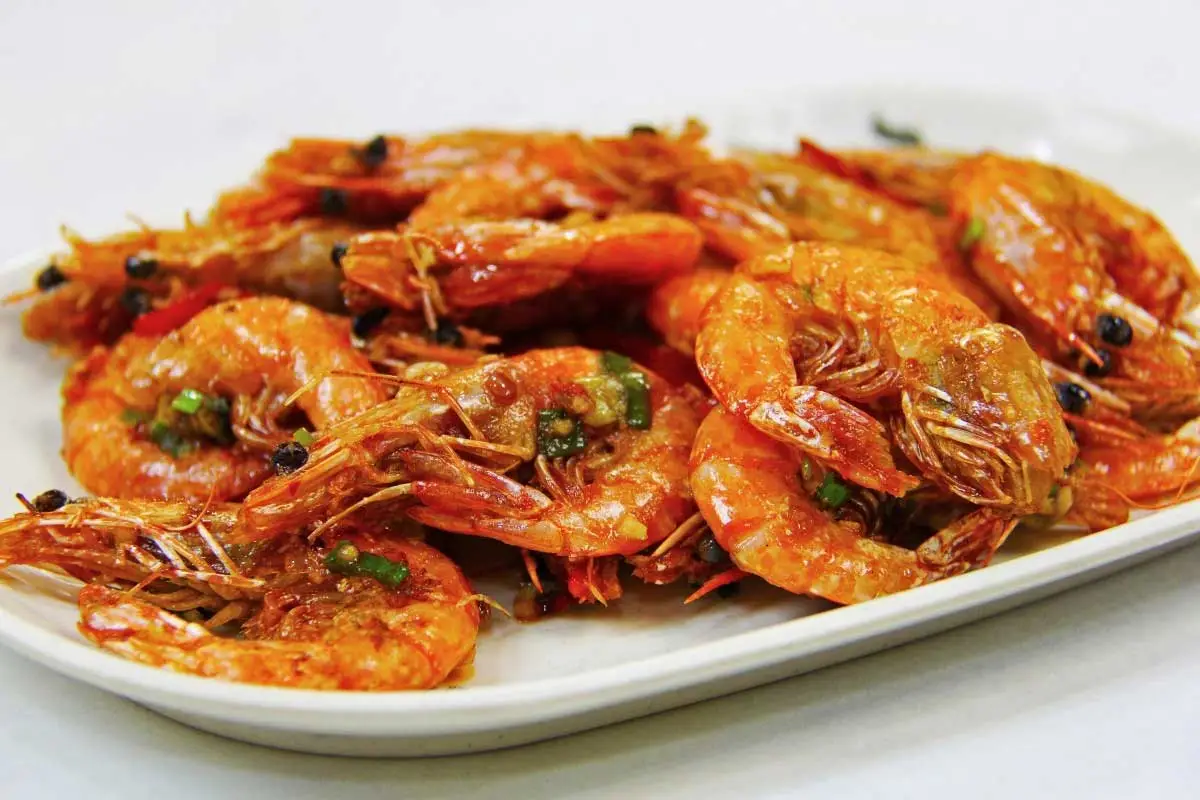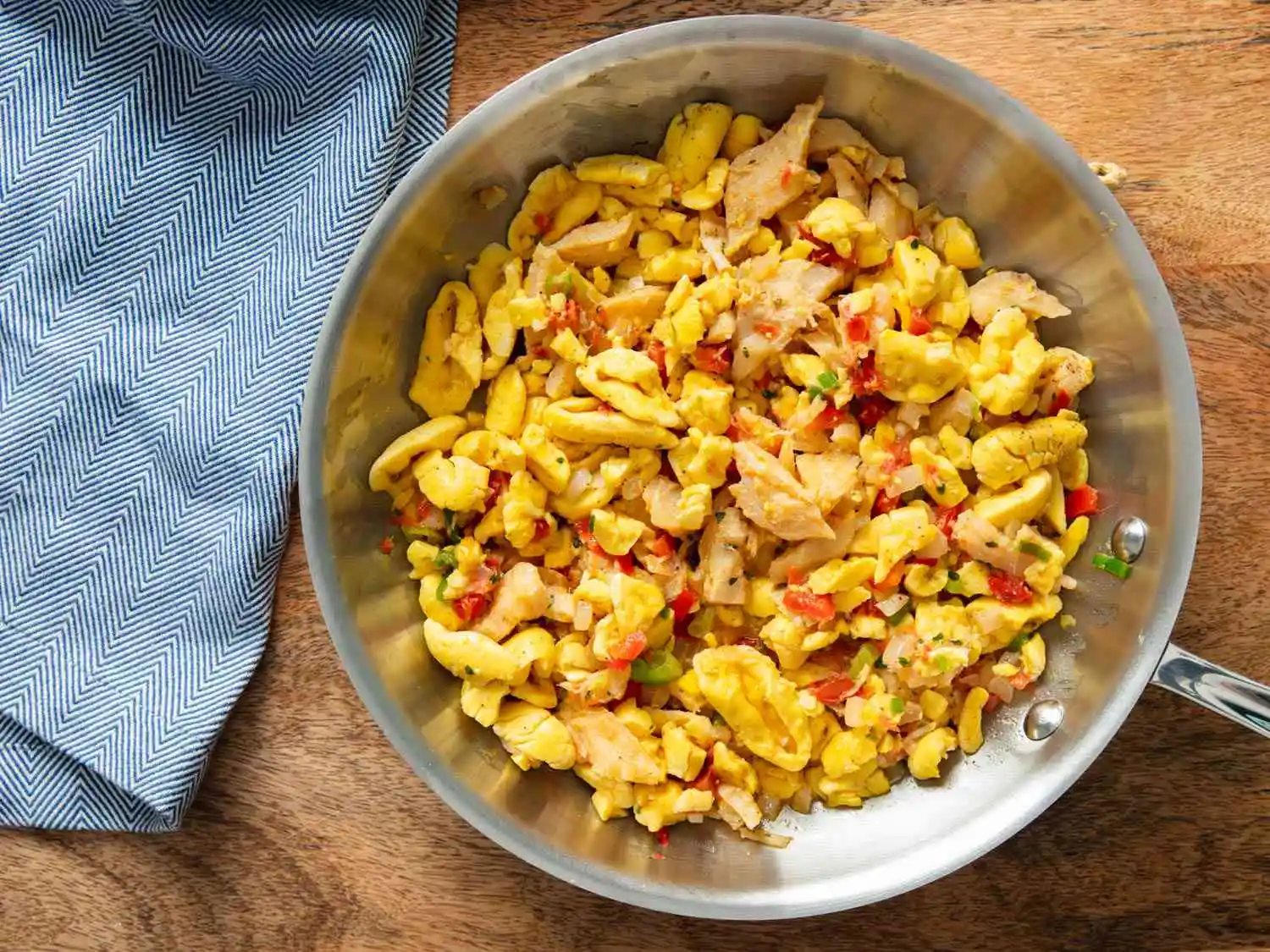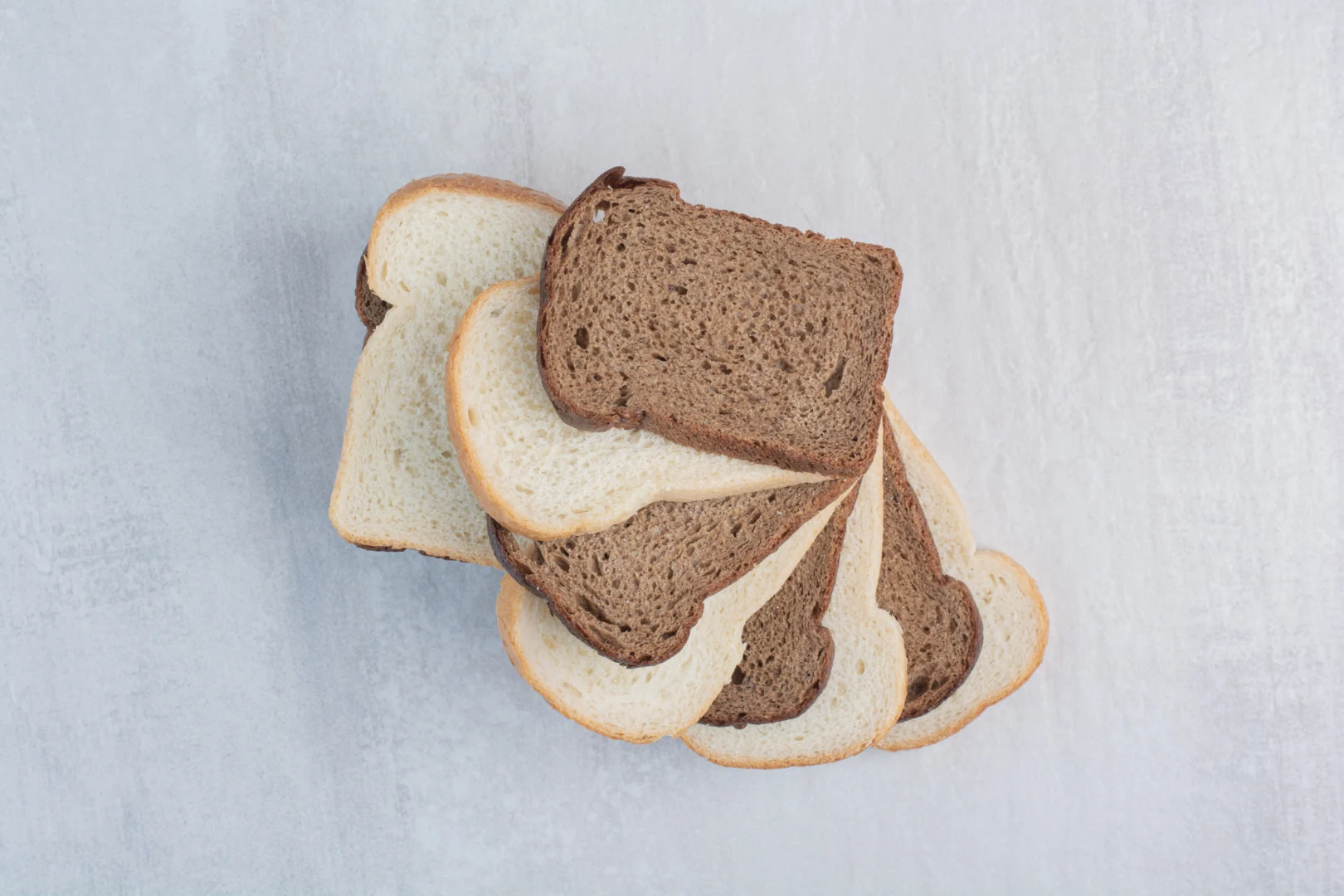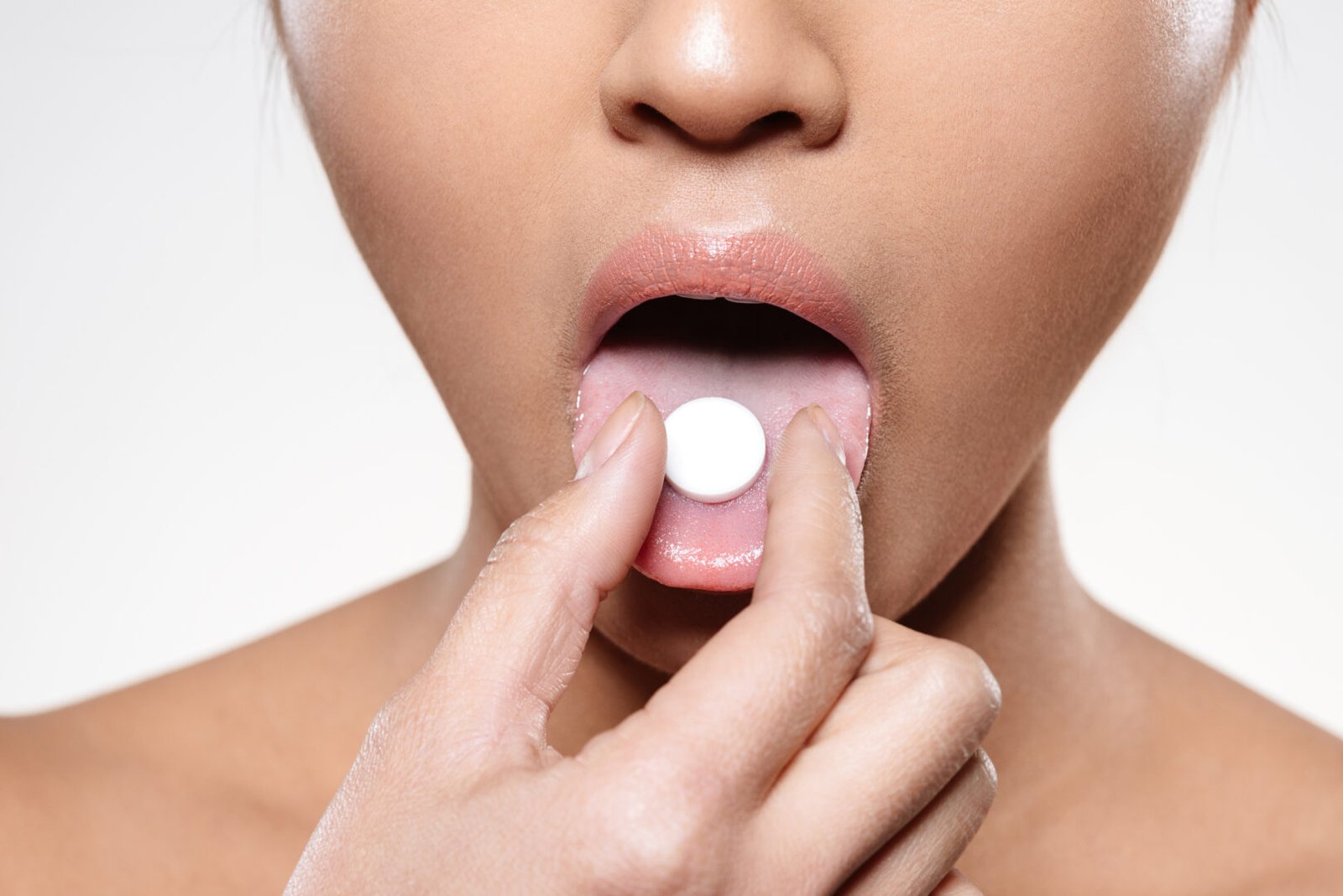Silent Trouble: The Early Kidney Warnings Too Many People Ignore
It started with a limp. My aunt, a busy schoolteacher in her 50s, shrugged it off as stress. But what began as fatigue, swelling, and odd changes in her appetite
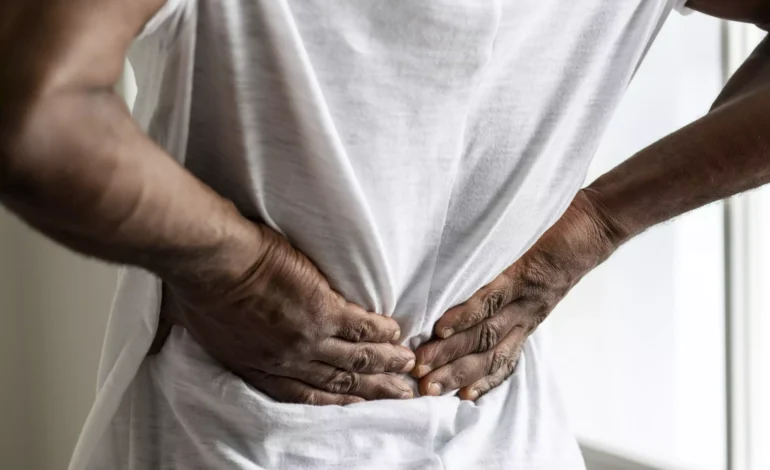
It started with a limp. My aunt, a busy schoolteacher in her 50s, shrugged it off as stress. But what began as fatigue, swelling, and odd changes in her appetite turned out to be something far more serious: chronic kidney disease (CKD).
By the time she was diagnosed, her kidneys were functioning at just 40%. There were no dramatic symptoms—no sharp pain, no hospital visit. Just quiet signs that were too easy to ignore.
Her experience taught our entire family a hard truth: the kidneys don’t cry out for help until they’re in deep trouble. And by then, the damage can be permanent.
This isn’t just her story—it’s a wake-up call. Millions of people walk around every day with undiagnosed kidney warnings problems. But there are ways to listen earlier, act sooner, and heal more naturally.
Your Kidneys Are Working Overtime—Are You Helping Them?
Your kidneys filter about 50 gallons of blood each day and produce up to two quarts of waste and excess fluid. They balance minerals, produce hormones, regulate blood pressure, and keep your body in chemical harmony.
But they weren’t designed to handle a modern lifestyle overloaded with salt, sugar, stress, medications, and dehydration.
If you want to support your kidneys before they wave a red flag, the first step is lifestyle awareness—especially what’s going on your plate and in your cup.
Natural Ways to Support Kidney Health Every Day
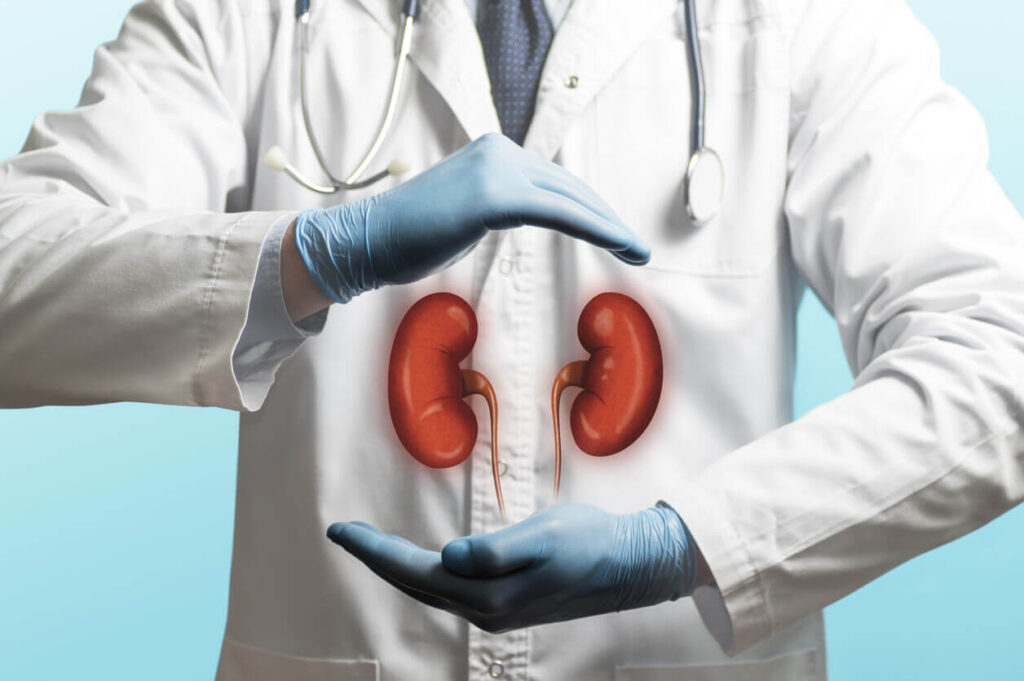
1. Hydrate—but Be Smart About It
Water helps flush waste through the kidneys. But overhydration can stress weak kidneys. A good rule for most people is 8–10 glasses of water per day, adjusted for body size, activity, and weather.
Tip: If your urine is consistently pale yellow, you’re probably well-hydrated.
2. Eat Potassium and Sodium in Balance
Your kidneys regulate potassium and sodium—but when they’re overworked, those minerals build up.
Focus on:
- Bananas, oranges, potatoes, spinach — in moderation if kidney function is already compromised.
- Talk to a doctor before increasing potassium-heavy foods if you already have kidney disease.
3. Supportive Whole Foods for Kidney Health
Eat foods that help reduce inflammation and support kidney function:
- Blueberries – rich in antioxidants
- Garlic – lowers inflammation and supports blood pressure
- Cabbage and cauliflower – fiber-rich and low in potassium
- Olive oil – healthy fat that supports heart and kidney health
- Apples – good fiber and detox support
- Red bell peppers – high in vitamins, low in potassium
4. Keep Blood Sugar and Pressure in Check
The two biggest causes of kidney damage are diabetes and high blood pressure. A clean, mostly plant-based diet with low refined carbs and minimal processed foods will help naturally regulate both.
5. Move Gently but Often
You don’t have to run marathons. Just move:
- Walking, yoga, stretching, light strength work
- Exercise improves circulation, reduces pressure on the kidneys, and lowers inflammation
6. Sleep, Stress, and Kidney Connection
Chronic stress raises cortisol, which negatively affects blood pressure and blood sugar—two enemies of your kidneys.
Prioritize:
- 7–9 hours of restful sleep
- Daily breathing or mindfulness exercises
- Less screen time, more nature
Read About: The Silent Struggle: What Lyme Disease Steals From You — And How to Fight Back
What to Stay Away From: Foods That Stress the Kidneys
There are several foods that burden or damage kidney tissue over time, especially if you’re already at risk.
❌ High-Sodium Foods
- Canned soups, fast food, frozen dinners
- Processed meats (bacon, sausage, ham)
- Packaged snacks (chips, crackers, instant noodles)
- Restaurant meals (especially takeout and chain food)
High salt = higher blood pressure = higher kidney strain.
❌ Excessive Animal Protein
- Red meat and organ meats (liver, kidney, etc.)
- High-protein diets (especially when combined with low hydration)
Too much protein produces more nitrogenous waste, which kidneys must filter.
❌ Oxalate-Rich Foods (in excess)
- Spinach, rhubarb, beets, sweet potatoes
- In people prone to kidney stones, these can be problematic
❌ Phosphorus Additives
- Found in processed cheeses, soda, deli meats, and baked goods
- Hard on kidneys and contribute to calcium imbalances in bones
Check labels for anything that says “phos-“.
What to Avoid Drinking
Just as important as food—watch what you drink. The wrong beverages can silently accelerate kidney decline.
❌ Sodas and Sweetened Beverages
- High in fructose, which boosts uric acid levels
- Contain phosphoric acid, which weakens bones and kidneys
Even diet sodas, despite no sugar, can harm kidney health long term.
❌ Alcohol (in excess)
- Dehydrates the body
- Increases blood pressure and uric acid
- Over time, heavy drinking is toxic to kidneys and liver
❌ Energy Drinks
- High caffeine + chemicals = stress on kidneys and heart
- Often dehydrating and filled with artificial sweeteners
What to Drink Instead
- Water (with lemon or cucumber for flavor)
- Herbal teas (nettle, dandelion root, ginger, chamomile)
- Unsweetened coconut water (in moderation)
- Cranberry juice (100% juice, no sugar added – helpful for urinary tract health)
When to See a Doctor
You may not “feel” your kidneys getting worse, but a basic blood panel and urinalysis can reveal early problems. Don’t wait for obvious symptoms like swelling, fatigue, or changes in urination.
Seek medical advice if you:
- Have a personal or family history of kidney disease, diabetes, or hypertension
- Use NSAIDs or proton pump inhibitors (for acid reflux) long-term
- Notice persistent puffiness, changes in your urine, or unexplained fatigue
What My Aunt’s Story Taught Us
My aunt’s journey was a turning point for our family. Her body was giving her clues, but like most of us, she dismissed them as “just being tired” or “getting older.”
Now, with treatment, support, and lifestyle changes, her kidney function has stabilized. She eats differently, drinks mindfully, and listens to her body more closely.
She reminded us of something we often forget: you don’t have to wait for a diagnosis to protect your health.
You can choose differently—today. For your kidneys, for your energy, and for your future.
By Ravoke News Desk for Ravoke.com


